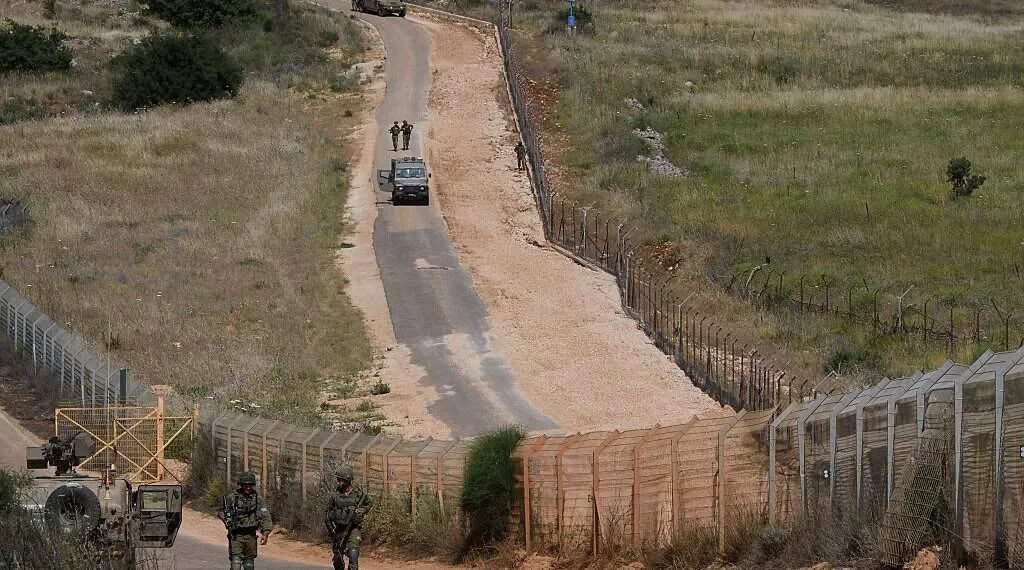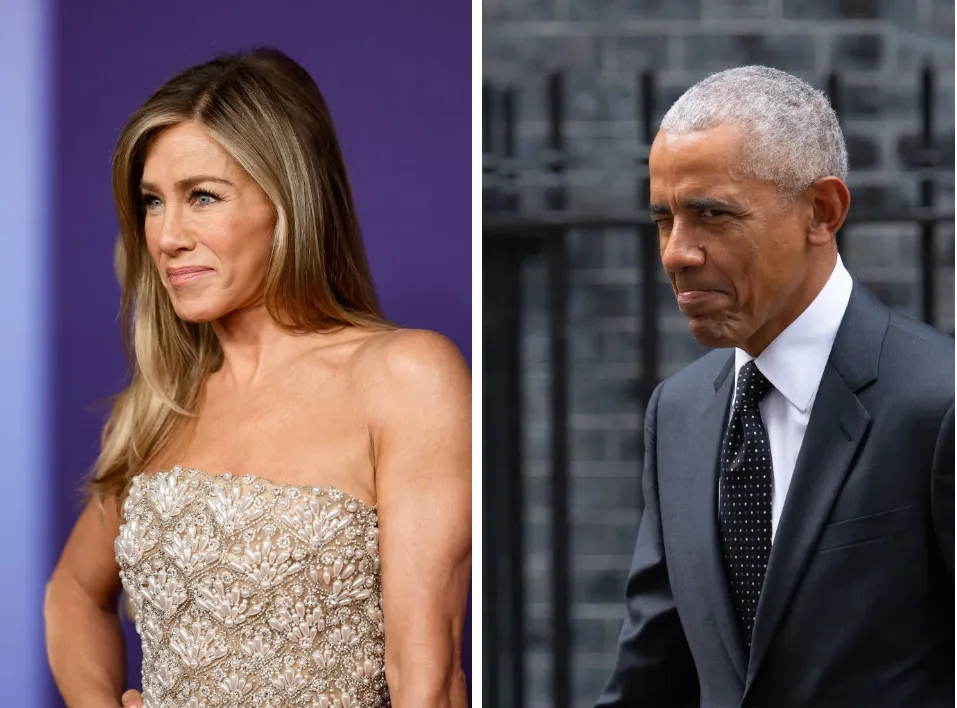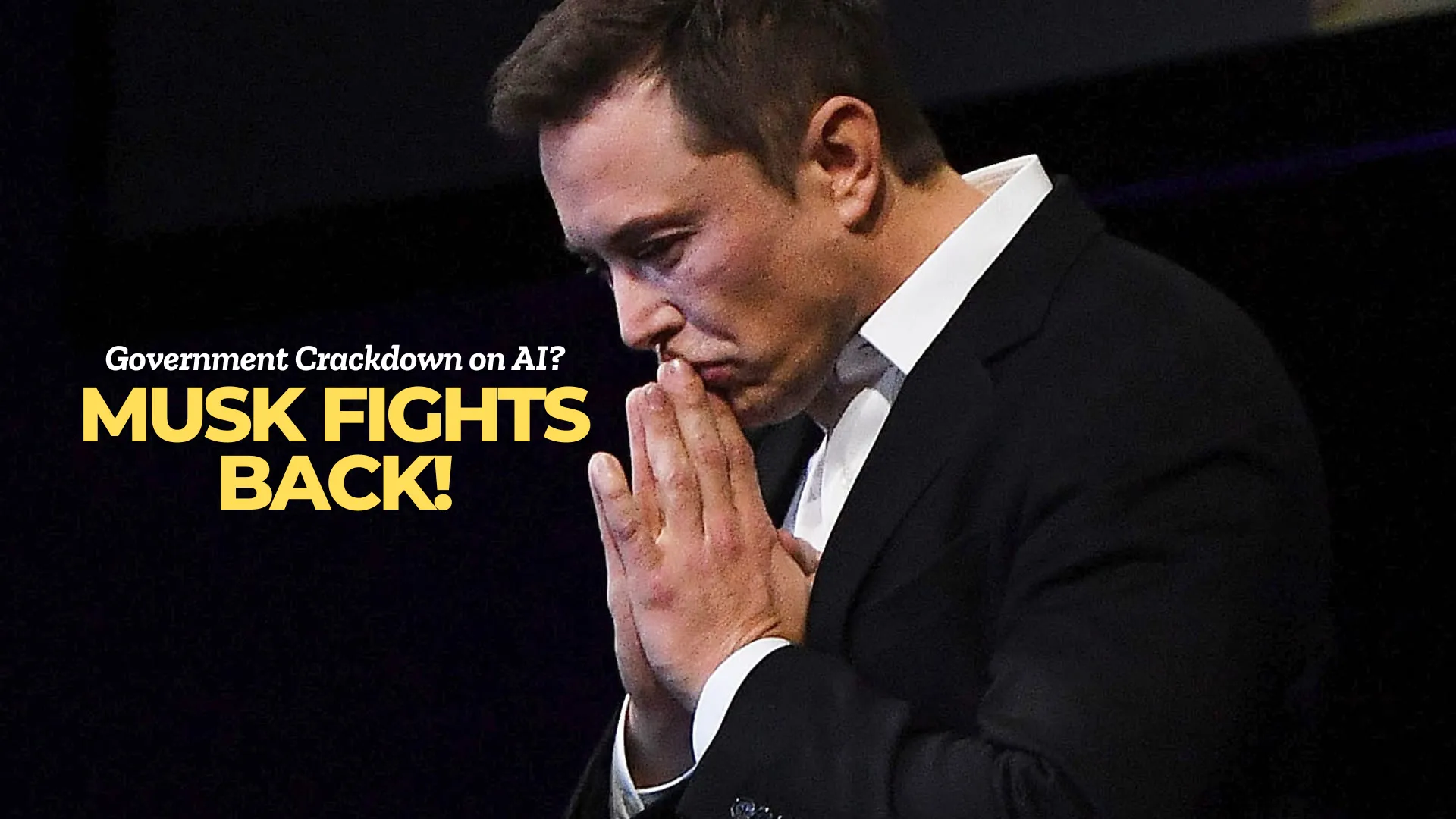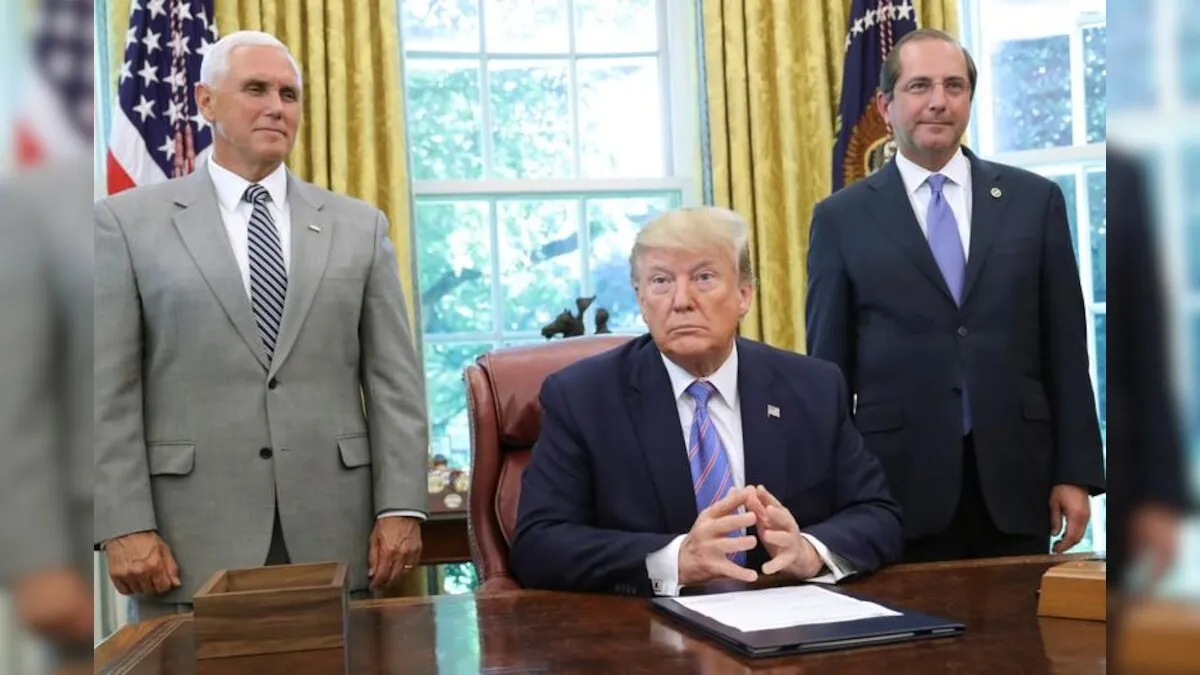
In a move that has intensified regional tensions, Israel has failed to meet the February 18 deadline for a complete military withdrawal from southern Lebanon, as stipulated in the U.S.-brokered ceasefire agreement with Hezbollah. Instead, Israeli forces continue to occupy five strategic locations, citing security concerns and the need to protect border communities.
The ceasefire, which came into effect on November 27, 2024, required both parties to cease hostilities and outlined a 60-day period for Israeli troops to exit southern Lebanon. However, this deadline was extended at Israel's request, with the new withdrawal date set for February 18, 2025. Despite the extension, Israel maintains its presence in key areas, arguing that these positions are vital for monitoring and preventing potential threats from Hezbollah militants.
Hezbollah's Secretary-General, Naim Qassem, has issued stern warnings, demanding the immediate withdrawal of Israeli forces. In a statement on February 16, Qassem declared, "If Israel does not comply, we will take necessary actions against the occupation." This rhetoric underscores the fragile nature of the current ceasefire and the potential for escalation if a resolution is not reached promptly.
The Lebanese government has also expressed deep concerns over Israel's continued military presence. President Joseph Aoun emphasized that the sovereignty of Lebanon is non-negotiable and called for international intervention to ensure the terms of the ceasefire are upheld. The Lebanese Armed Forces, alongside UN peacekeeping units, have been positioned to assume control of the vacated areas, aiming to maintain stability and prevent the resurgence of hostilities.
From the Israeli perspective, Defense Minister Yoav Gallant has justified the prolonged deployment, stating that the occupied positions offer critical vantage points to safeguard Israeli citizens. Gallant noted, "Our primary responsibility is the security of our nation. Until we are confident that the threat from Hezbollah is neutralized, our forces will remain strategically positioned."
The international community watches with bated breath as diplomatic efforts intensify to address the impasse. The United States, as a principal architect of the ceasefire, has engaged in discussions with both Israeli and Lebanese officials to facilitate a peaceful resolution. However, the situation remains precarious, with the risk of renewed conflict looming should negotiations falter.
In the interim, civilians on both sides of the border bear the brunt of the uncertainty. Communities in southern Lebanon, already scarred by previous conflicts, face the prospect of further displacement and instability. Similarly, residents in northern Israel live under the constant threat of potential Hezbollah retaliation.
As the situation develops, the imperative for a diplomatic solution becomes increasingly evident. The delicate balance of peace hangs in the balance, contingent upon the actions and decisions of the involved parties in the coming days.




